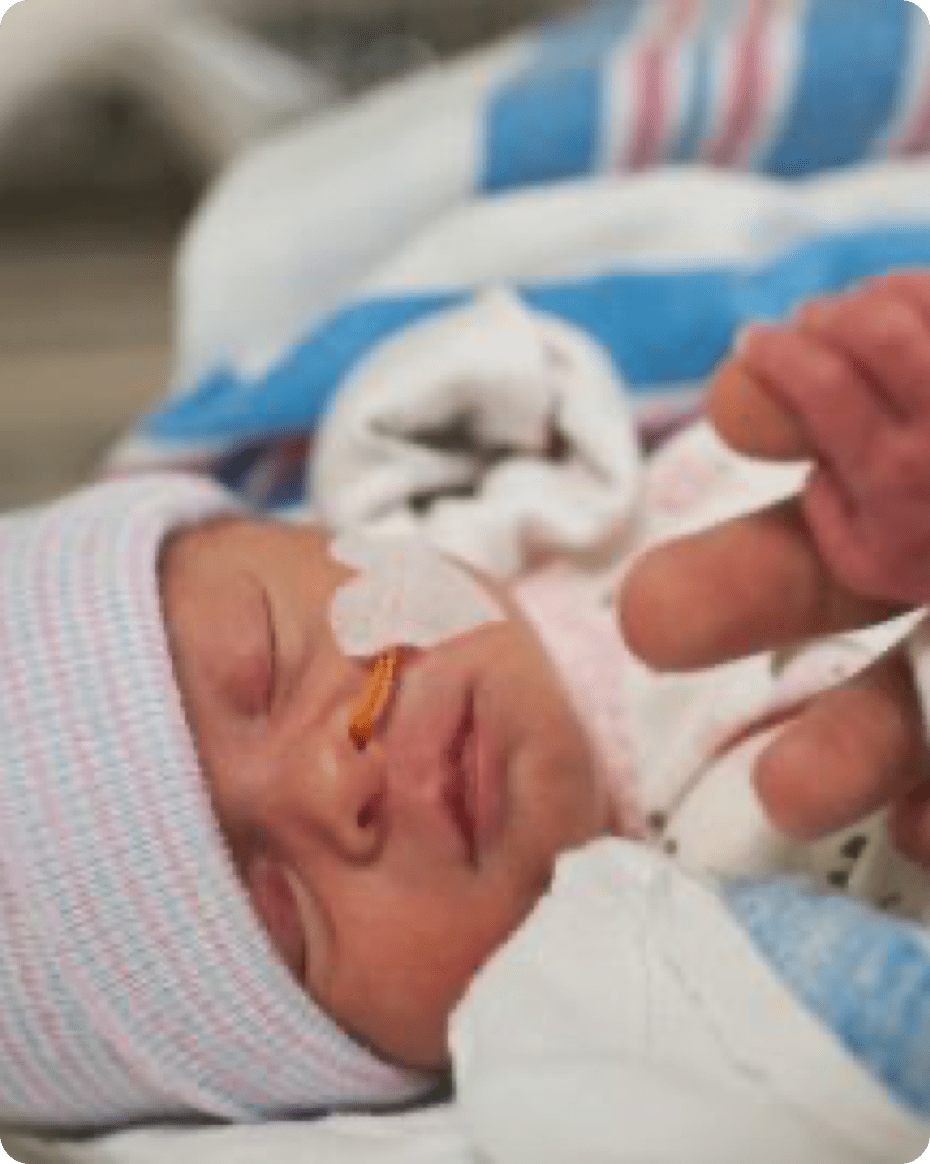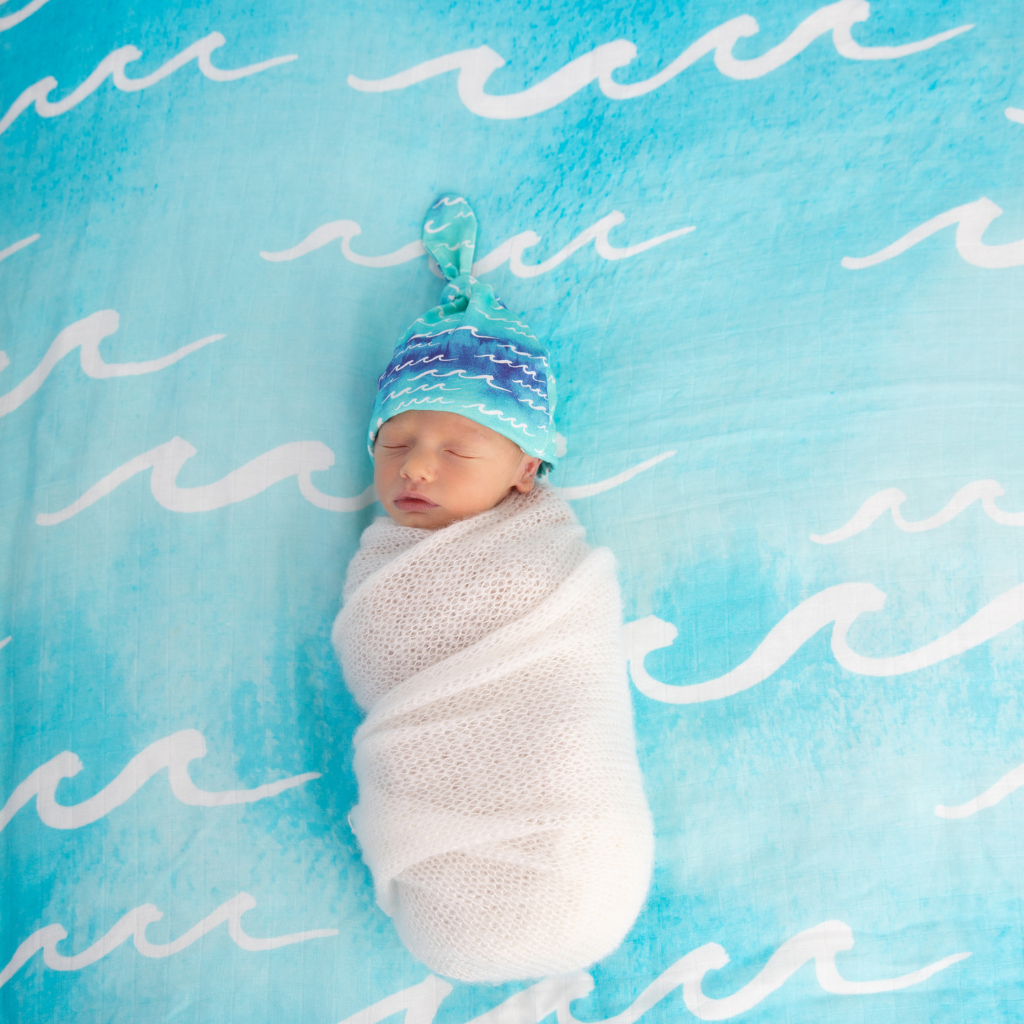As the excitement and joy of being pregnant for the first time evolved in to the need to prepare, one of the first things on my mind was whether or not to have a home birth. But as I tried to decide if it was right for me, I realized that I had so many questions and no idea where to get answers. If only someone could guide me through the process. Well here's the guide I wish existed all those years ago! We put together a series of three blog posts to help you learn more about home birth and whether or not it's right for you and your family. I hope that it's helpful for you!
The first step in planning for a home birth is often to choose a midwife. But knowing how to choose the right midwife for you may seem a bit daunting. So to help, we put together this guide along with our friends at the Midwives Alliance of Hawaii.
Below, we'll walk you through what to know, questions to ask, and things to be aware of as you prepare to welcome your little in to the world via home birth.
1. How do I know if working with a midwife is right for me?
The best way to know if working with a midwife is right for you and your family is to interview with a midwife! A trained midwife will be able to identify and discuss with you any conditions or circumstances that may impact their recommendation for the location of your birth. There are midwives in Hawaiʻi who care for clients giving birth in a hospital and at home. Home birth is a great option for women who are essentially healthy and who do not have conditions that increase their or their baby’s risk for a poor outcome. When you interview with more than one midwife you’ll get an opportunity to decide what kind of person feels like the right fit for you.
2. What is the difference between a midwife and a doula?
A midwife is a highly trained primary care provider for people during their childbearing years. A doula is a person who provides labor, and potentially postpartum, support to the mother and family; they are not a health care provider.
A midwife has completed training that meets criteria set to an international standard. This training is fairly intensive in scope, lasting several years and includes specific educational and clinical requirements. Midwives have a much larger scope of practice than doulas, as midwives are considered primary care providers. A midwife may practice in any setting including the home, community, hospitals, clinics or health units.
A doula is a labor support person, more specifically defined by DONA International, as “a trained professional who provides continuous physical, emotional and informational support to a mother before, during and shortly after childbirth to help her achieve the healthiest, most satisfying experience possible.” Doulas may or may not be certified. Those who are certified will have different training based on the organization they trained with. General training for a doula to become certified consists of a 2 day workshop, reading materials, attending a childbirth education course and attending a certain number of births.
3. Where can I go to find a midwife?
There are several resources for finding a midwife. In Hawai’i, there is a list at Midwives Alliance of Hawaiʻi. These midwives have met the ICM definition of a midwife, but they are not licensed in Hawaiʻi. Nationally you can check the American College of Nurse-Midwives Find a Midwife directory for CNMs offering midwifery care in your area.
4. What should I be aware of when choosing a midwife?
When choosing a midwife it is important to know if they have been nationally certified and what kind of training they have had. Here are some questions to ask:
- What is their experience level as a primary midwife?
- How long they have been in practice
- How many births they have had as the primary midwife?
- What is their philosophy of midwifery care?
- What experience do they have in emergency situations?
- How do they prepare to handle those situations and keep you and your baby as safe as possible? As a follow up to this question, you should also ask if they use the Community Birth Transfer Form
- What kinds of equipment and/or medications they will bring with them to your birth?
- It is always nice to ask for some references from past clients.
You can also ask if they have had any poor outcomes or fetal/maternal deaths. How many? When? How did they handle these situations? Did they do a thorough peer review of these cases with midwives?
It’s also a good idea to ask if the midwife has ever held a license in another state, what the status of that license is, and whether that license has been suspended, surrendered, or if they’ve had any disciplinary action. If the midwife has had or currently has a license in another state, it can be good to look it up together with them during your interview. We do not have licensure or regulation of midwives in Hawaiʻi so the consumer should ask a lot of questions in order to determine if this midwife is a good fit for them.
Another thing to be aware of is that currently in Hawai’I, there is no regulation for direct-entry midwives, meaning certified professional midwives (CPMs) and certified midwives (CMs). Currently 33 states regulate CPMs and 6 states regulate CMs. Hawaiʻi does license certified nurse-midwives (CNMs) as advanced practice registered nurses. CNMs are licensed in all 50 states. At this time there is a bill going through our State legislative process with the intent to regulate and license midwives.
The lack of regulation in Hawai`i makes it even more important to do your research on a particular midwife to make sure that she is best prepared to care for you and your baby.
5. What else can a midwife do?
A midwife can take care of women during their childbearing years, inclusive of family planning, well-woman visits, breast exams, pap smears, STI/STD screening, pregnancy/birth/postpartum care, including suturing vaginal tears, and newborn care. If the midwife is a CNM or CM, they have training to prescribe medications including birth control (ex: IUDs, implants, pills, etc) and treatment for health conditions. CPMs do not have this training. CPMs are trained to administer specific medications during pregnancy, birth, postpartum and to the newborn including Rhogam for moms with Rh negative blood, medications to stop hemorrhages, IV fluids for hydration, oxygen for mom and baby, and Vitamin K and eye ointment for the baby.
A midwife cannot practice outside of her education and training. A midwife is never trained in surgery.
6. How much does it cost to hire a midwife? Does insurance cover it?
If a family chooses to see a CNM for care - whether it be for routine well woman care, as a primary care provider, gynecological conditions, birth control or they are planning a birth in a hospital or home, they can utilize their insurance to help cover costs. CNMs are licensed in Hawaiʻi and can be in-network providers with insurance companies. Clients should always ask their CNM if they accept the client’s insurance. The cost to the client would depend on their insurance plan, co-pay and deductible. All CNMs in Hawaiʻi are credentialed with some insurance companies, and those working in Federally Qualified Health Centers do take all insurance.
If a family is seeking care from a CPM, they are currently not covered by insurance because CPMs are not licensed in Hawaiʻi. Clients who have a health savings plan may be able to use their account to help pay for the cost of midwife services. If a family is planning to hire a CPM for a planned home birth they should inquire with each midwife they are interviewing. There is a range of costs for services across the State between $2500-$4500 on average.
7. What services does a midwife perform after the baby is born?
For families delivering in a hospital setting, midwives work with a team of nurses and a pediatric care provider to ensure mom and baby are stable and doing well after the baby is born. They check in each day the mom is at the hospital and can also assist with lactation support while in the hospital and in subsequent clinic visits. Midwives follow up with mom and baby in the postpartum period generally between 2-6 weeks, depending on the mom’s needs. Hospitals have staff that file the birth certificate for babies born in the hospital.
For families who choose to birth at home, after the baby is born, the midwife stays for a period of time to perform physical assessments of both the mom and baby to ensure that they are healthy and their bodies are adapting to the postpartum period normally. Midwives come back approximately 24 hours after the birth in order to check in on mom and baby, weigh baby to check that their weight loss is normal, check the baby’s jaundice level, offer critical congenital heart disease screening, newborn metabolic screening, and hearing screening. Midwives will refer clients seeking these services to appropriate care providers if they do not provide these services themselves. After the initial 24 hours, midwives will come back approximately every 5-7 days for the first 4 weeks to follow up with mom and baby and then will do a final postpartum and newborn visit around 6 weeks after birth. CNMs and CMs are trained to care for babies up to 28 days old, and CPMs are trained to care for babies for 6 weeks of life. Families can also follow up with a pediatrician during this time, or after the final postpartum appointment with their midwife.
Midwives do have training in lactation and can support mom/baby dyads with breastfeeding, inclusive of common difficulties the nursing dyad may experience. If the newborn is having feeding difficulties and/or the mom has scabbing, cracking, bleeding nipples, low milk supply or other abnormal symptoms from breastfeeding, the midwife should refer families to an International Board Certified Lactation Consultant (IBCLC). For a local directory by island you can check out Breastfeeding Hawaiʻi, the state breastfeeding coalition. IBCLCs are the experts in helping mom/baby dyads with complex feeding issues and they are aware of resources in the community for any additional services the nursing dyad may need.
If a midwife is a member of the Midwives Alliance of Hawaiʻi Registry, then she can assist the family with completing the birth certificate worksheet at the bedside, in their home, as well as witness and sign the voluntary establishment of paternity with parents who are unmarried. Parents can also request a social security number for their child through this process. This makes the birth certificate filing process easier for parents as it is sent directly to the Department of Health Vital Records. If a midwife is not a member of the Midwives Alliance of Hawaiʻi Registry, they provide documents to the family to take with them to the Department of Health office on the island where the birth took place to file the birth in person. Families needing to file in person should check with their local Department of Health office what the process is for filing the birth of their baby.
--
Have you had a home birth or are planning on one? Please let us know about your experience in the comments!
--
In part 2 of this series, we walk you through how to ready yourself and your home for your home birth. And in part 3, of our home birth series, we share the experiences of mamas within our community who home birthed their babies in Hawaii.
--
Mahalo to Le'a Minton, MSN, APRN, CNM, IBCLC and Board President, Midwives Alliance of Hawaii, for helping us to put this together!









